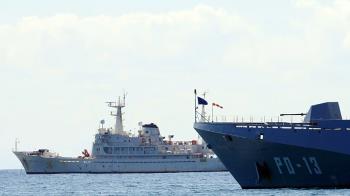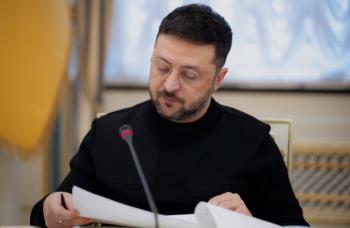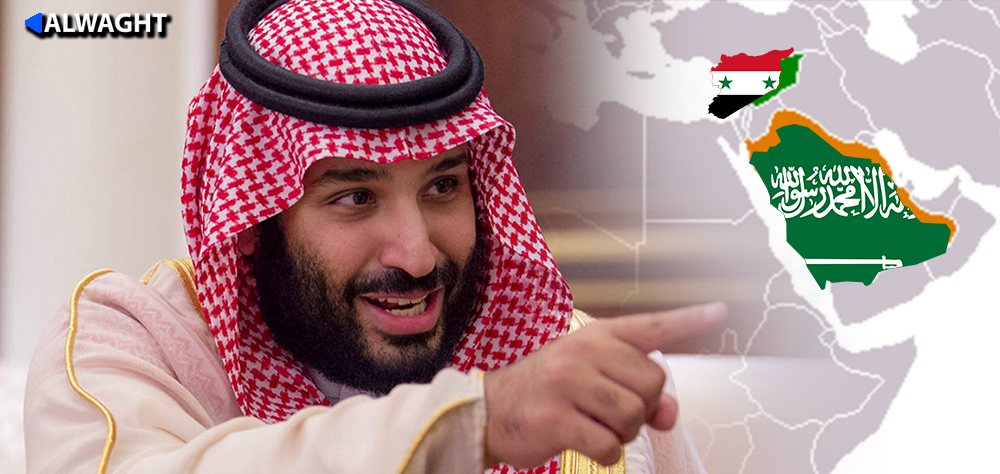Alwaght- Aljazeera news network reported that a Saudi-Syrian political rapprochement is close to realization.
Citing a top militant commander affiliated with the Syrian opposition, who is said to have close relationship with the Saudi foreign ministry and the General Intelligence Directorate (GID), Aljazeera claimed that the policy of the Saudi monarchy has "changed" and many officials, including Crown Prince Mohammed bin Salman, are eager to mend ties with the government of President Bashar al-Assad.
In early May, when the Saudi intelligence chief Khaled al-Humaidan made a secret visit to Damascus, the media intensified discussions about the possibility of easing tensions between the two former enemies. This possibility was reinforced by the visit of the first Damascus delegation led by Syrian Tourism Minister Rami Martini to Riyadh in May, 10 years after a full diplomatic hiatus.
Unblocking the diplomacy path
In recent months, Saudi Arabia softened its tone and policy towards its regional rivals in what many analysts describe a "shift in regional strategy." This approach, which began with the lifting of the siege of Qatar and the reconciliation in the (Persian) Gulf Cooperation Council earlier this year, continues to de-escalate tensions with Turkey through measures such as phone conversation of the King Salman bin Abdulaziz with the Turkish President Recep Tayyip Erdogan during the G20 summit and beyond. This was followed by the Turkish Foreign Minister Mevlut Cavusoglu's visit to Saudi Arabia. This trend has continued in recent weeks with a clear shift in the tone of Prince Mohammed regarding relations with Iran.
Undoubtedly, Bin Salman seeks to open the blocked path of Saudi foreign and regional policy, which has placed Riyadh in geopolitically dire straits. To put it precisely, the recent turnaround is the product of various failures in the field of regional politics and rivalries represented by the crown prince's aggressive and radical measures. The humiliating defeat of the Saudi-led Arab coalition in Yemen and the collapse of the pro-Saudi front in the war, failure of the anti-Qatari blockade and retreat from the conditions set for Doha for a détente, failure of the Saudi-sponsored takfiri terrorists in the battle against the Syrian government, marginalization of the Saudi-backed Syrian political opposition in the future negotiations, and the start of measures seeking to expel the US from the region by the Axis of Resistance collectively made Riyadh the top loser of the regional developments in the tumultuous past decade.
However, Saudi Arabia and Bin Salman, who is eager to ascend the throne, finds himself forced to take steps to alleviate these major problems in foreign policy.
Why Syria?
In de-escalating tensions with Syria, Riyadh pursues an array of goals as well as necessities and finds it inappropriate to procrastinate.
First, mending ties with Syria as one of the branches of the Iran-led Axis of Resistance can significantly help rebuild the trust between Riyadh and the Resistance camp.
"Bin Salman is struggling to ease the tensions with the Islamic Republic of Iran through relations with Syria," reported Aljazeera citing a Syrian foreign ministry official.
Tehran and Riyadh held direct talks at least once last month in the Iraqi capital Baghdad. According to Iraqi officials, the main topic of this round of talks was the developments in Yemen. Squeezed by a complete stalemate in the Yemeni war, Saudi Arabia is seeking to find a way out of the quagmire of war and to escape the wave of Yemeni missile and drone strikes, which have dealt a heavy blow to national security and the flow of Saudi oil. Bin Salman hopes that Damascus will be effective in facilitating talks with Tehran.
Saudi Arabia seeks to counter the Muslim Brotherhood. The most powerful opposition of Damascus is the Muslim Brotherhood militias who are backed by Turkey and hold much of Idlib province. Also, over the past two years, Riyadh along with Abu Dhabi have sought to expand role in northern Syria through support to the Kurdish Syrian Democratic Forces (SDF) driven by a fear of Ankara plans to intervene in the affairs of Arab countries. The Syrian government, which enjoys internal support and alliance with the Resistance camp, represents a bulwark to foreign-nurtured terrorists and also closing the ways of Syria partition.
Third, the Saudis find it inescapable to face the fact about the need to rebuild ties with Damascus in order to not fall behind other countries. The Syrian return to the Arab League gains further support every day in the Arab world. The UAE, the closest Saudi ally, re-opened its embassy in Damascus in December 2018 and naturally Riyadh resistance to such a trend can only bring it further isolation in the region.



























